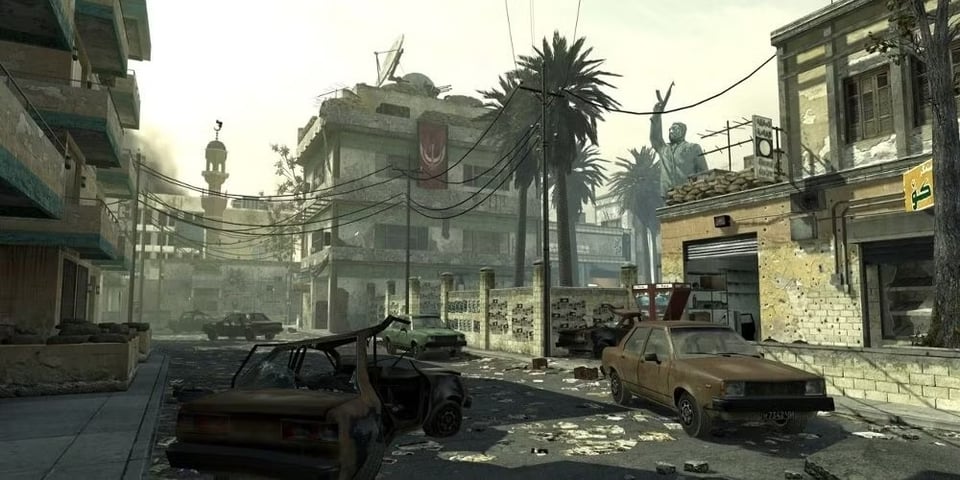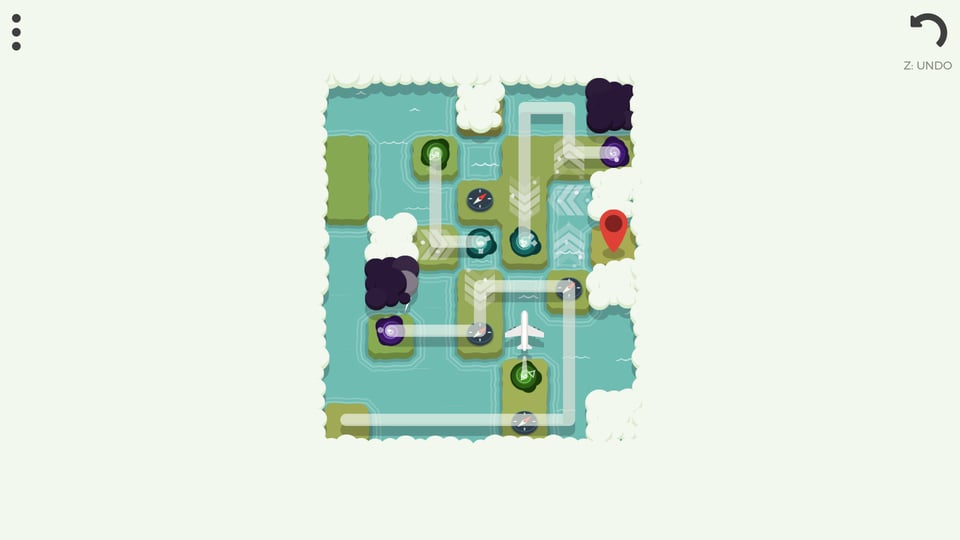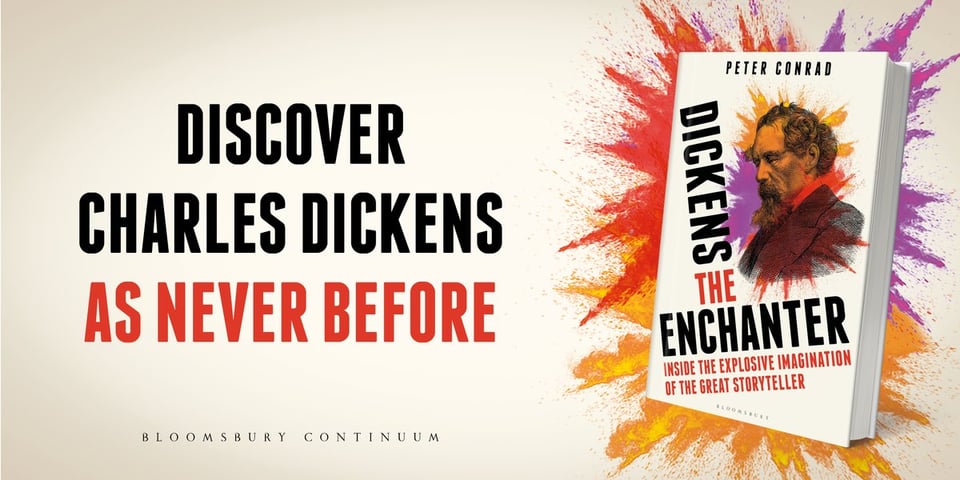Expedition 3
The Bathysphere
Thank you for joining this third expedition of the Bathysphere. Our aim is to write about games we’re interested in, whether they’re new or not, and to discuss interesting elements of video game culture. We don’t do news, industry analysis or reviews – thankfully, there are plenty of newsletters that do. We also recommend lots of things we think will be interesting to people who play and interrogate games – that can sometimes include Charles Dickens. Enjoy!
The Bathysphere crew
Christian Donlan
Florence Smith Nicholls
Keith Stuart
Essay: Call of Ennui by Keith Stuart

There is a new form of video game nostalgia that I have become obsessed with. All over TikTok you’ll find accounts dedicated to obsolete online shooters, where a single player wanders abandoned multiplayer maps to a soundtrack of baleful music. There are accounts dedicated to Call of Duty, Halo 3, Battlefield 2 and lots of other titles, most of them from over a decade ago. My favourite is ClassicCod, which shows snippets of desolate, lonely Call of Duty 4 landscapes often under the headings like, ‘Stay as long as you need’, as though watching it were a form of therapy. Which it may well be – the accounts have tens of thousands of followers.
Two things really interest me about this phenomenon. First is how sanguine and rueful the comments sections are. While we’re used to hearing about how bigoted, abusive and dysfunctional shooter communities are, here are hundreds of gamers sharing stories about friendships, camaraderie, fun, how they’ll never get those times back. “Wow how time flies,” writes one Halo veteran. “I used to have a squad and we would all get on and kill it. I wonder what happened to those guys. Some of the best times ever. We would play until my thumbs hurt.”
It is fascinating to encounter the language of nostalgia applied to these frenzied death zones. Of course, as with most online nostalgia, whether it’s about games, old TV shows or bygone toys, what the commenter is really expressing is a longing for the simplicity and security of a happy childhood or adolescence – the constructed fallacy that these were, in general, more innocent times. The darker stuff gets blotted out, the memories constantly re-edited by our internal social media teams.
It’s also interesting how many commenters remember and glorify glitches and bugs. One I scrolled past wrote hundreds of words on a specific exploit in Call of Duty: World of War that let you shoot from a supposedly inaccessible rooftop. “I can’t forget the hole in the wall or the window you could sit in to snipe people trying to flank,” writes another. “My favourite was hopping over the couch to sit in the balcony to cover the whole map.” Contemporary shooter communities are vociferous in their condemnation of imperfect net code and glitched scenery, but in reflective moments, there perhaps comes an understanding that glitches are ever present artefacts of human creativity – the whole speedrun community is essentially supported and validated by them.
It is a reminder too, that friction is a vital element of both game design and nostalgia. Now that I am 50 let me tell you this: the moments you think you will remember in your twenties – those ideal moments of perfect happiness – they fade like old photos in the sun. It’s the slightly flawed memories that stay – your tent being washed away at Glastonbury, the boy you fell in love with one summer who just happened to have a heavily annotated copy of The Fountainhead (yes, I am quoting directly from Dirty Dancing) – these things hang around and our recollections soften with age. Memories need friction or they slip right through your fingers.
What I love most about these Tiktok videos is how perfectly first-person shooter maps lend themselves to sanguine reflection. These are ruined worlds filled with crashed helicopters and bombed out bunkers; when you go back alone, the only movement comes from the flaming skeletons of destroyed buildings and the litter blowing in the wind. Abandoned FPS maps are teeny little apocalyptic worlds; dystopic dioramas. They remind us, with their burned out shop fronts and eviscerated mansion facades, that everything we own and experience is fragile, and sometimes all that we can call upon years later are the most unlikely memories, saved and propagated across new platforms, potentially forever.
Delightful games

One of my favourite books of all time is Skyfaring, by Mark Vanhoenacker. If you know me in real life, you’ll know this is a book I struggle to shut up about. But if you knew about something so wonderful you’d want to share it, right?
Vanhoenacker is a British Airways pilot and Skyfaring is his memoir. He talks about being a pilot, about place-lag, about being asked to draw the wind. It’s luminous stuff.
And around the time I first read it, I played Jetstream, which is a wonderfully dreamy puzzle game about getting a plane from here to there. It’s the absolute antithesis of something like Microsoft Flight Sim, but for me it does a beautiful job of capturing the airy drift of flight. You have these little maze puzzles to move your plane about, careful to never cross your own contrail, and there’s this soft swooshiness to your movements that reminds me of sitting back in the Queen of the Skies, safe in the knowledge that you’re absolutely racing around at the top of the world. Jetstream, like Skyfaring, is a helpful tonic if you’re afraid of flying. And, like Skyfaring, it’s just brilliant in and of itself. CD
I have always been interested in pinball sims because they represent an unlikely fusion of the electro-mechanical and video/digital eras of the arcade experience. I also like 1980s-coded cyberpunk visuals and liminal spaces, so Vaporwave Pinball was an instant buy for me. It’s a neon-drenched, hyper casual sim with a synth soundtrack and lots of backdrops seemingly borrowed from 1982 New Romantic pop videos. KS
Interesting things

It’s funny that I wrote about Skyfaring in the newsletter today, because I’m now going to write about another book I’m reading at the mo and they both have something vital in common. Dickens the Enchanter, by Peter Conrad, is a book-length study of a writer who I’m moderately ashamed to admit I’ve barely read. I’m reading this, though, less for what Dickens is and more for what Conrad is doing with him.
This is because Conrad’s book is one of those glorious partisan things where an author makes a prolonged case for someone’s greatness. In this case it’s Dickens, but Skyfaring does much the same thing for flying - and the Boeing 747 - and one of my other favourite books of all time, The Vanishing Man, by Laura Cumming, sticks up for Velazquez in a way I found completely world-transforming when I first read it.
That book in particular sent me down a completely new path in life. I was moving in a different direction once I’d finished it, a little away from the direction I was moving in when I started. And I think these books, which are someone trying to convince you to love the thing they love, are, in a weird way, the books most likely to reorient you a little.
I’m definitely going to read a bit more Dickens after reading Conrad’s book, but more than anything I’ll be open to elements of Dickens in the real world a bit more. The roving lens of someone’s favourite thing. These books help you to see things differently. CD
Inspired by Keith’s essay this week, I want to first recommend the book Glitch Feminism by Legacy Russell. I first came across Russell’s work when writing about glitches as archaeological artefacts in games; I love her provocative essay on the sensuality of the glitch that was published in The Society Pages. Glitch Feminism expands on this work, presenting a manifesto of the glitch as a destabilising force, whether in terms of the online/offline binary, gender, race or sexuality. FSN
Domino Club is a collective of digital artists who participate in anonymous game jams and are, in their own words, interested in “being gay & doing crimes, goofing off, zines, skeletons, glitches” (among other things). They just released a new collection of games on itch.io under the theme “declassified.” Rather fitting for this week of Bathysphere, “A Long Walk Home” is about exploring a low-poly neighbourhood that feels like being lost in an abandoned MMO. FSN
Retrospective adventures

This is a (rather wonky) scan from the Japanese games magazine Weekly Famitsu, dated March 4, 1997. It’s a preview of Metal Gear Solid, which was released the following year. Famitsu was our bible when I worked on Edge magazine. We had a correspondent in Tokyo who would translate everything for us so we could gather as much information as possible about new Japanese releases. I love how the magazine’s designers integrated the aesthetic language of the game into their layout. This page screams ‘tactical espionage action’! KS
End of expedition 3
Thank you for reading! You can contact the crew at bathyspherecrew@gmail.com and we welcome amiable feedback and interesting recommendations.
Add a comment: